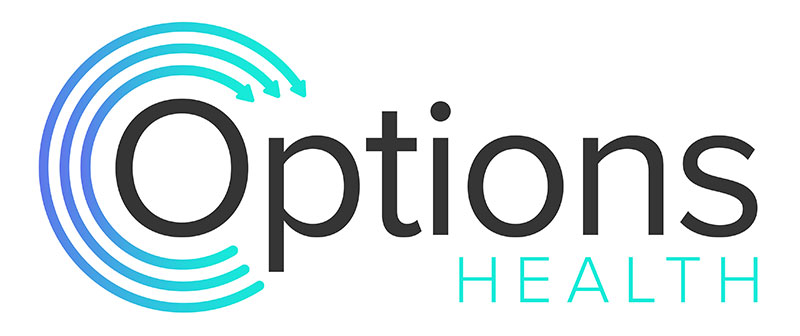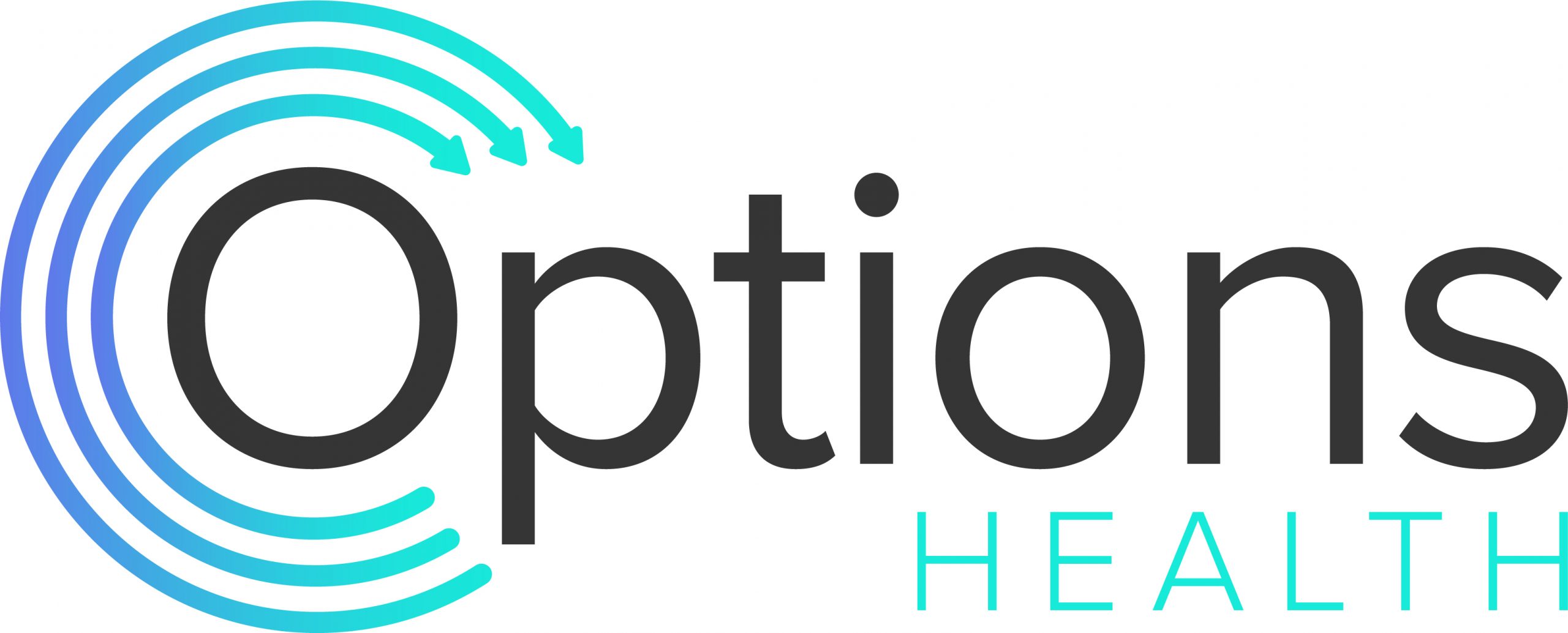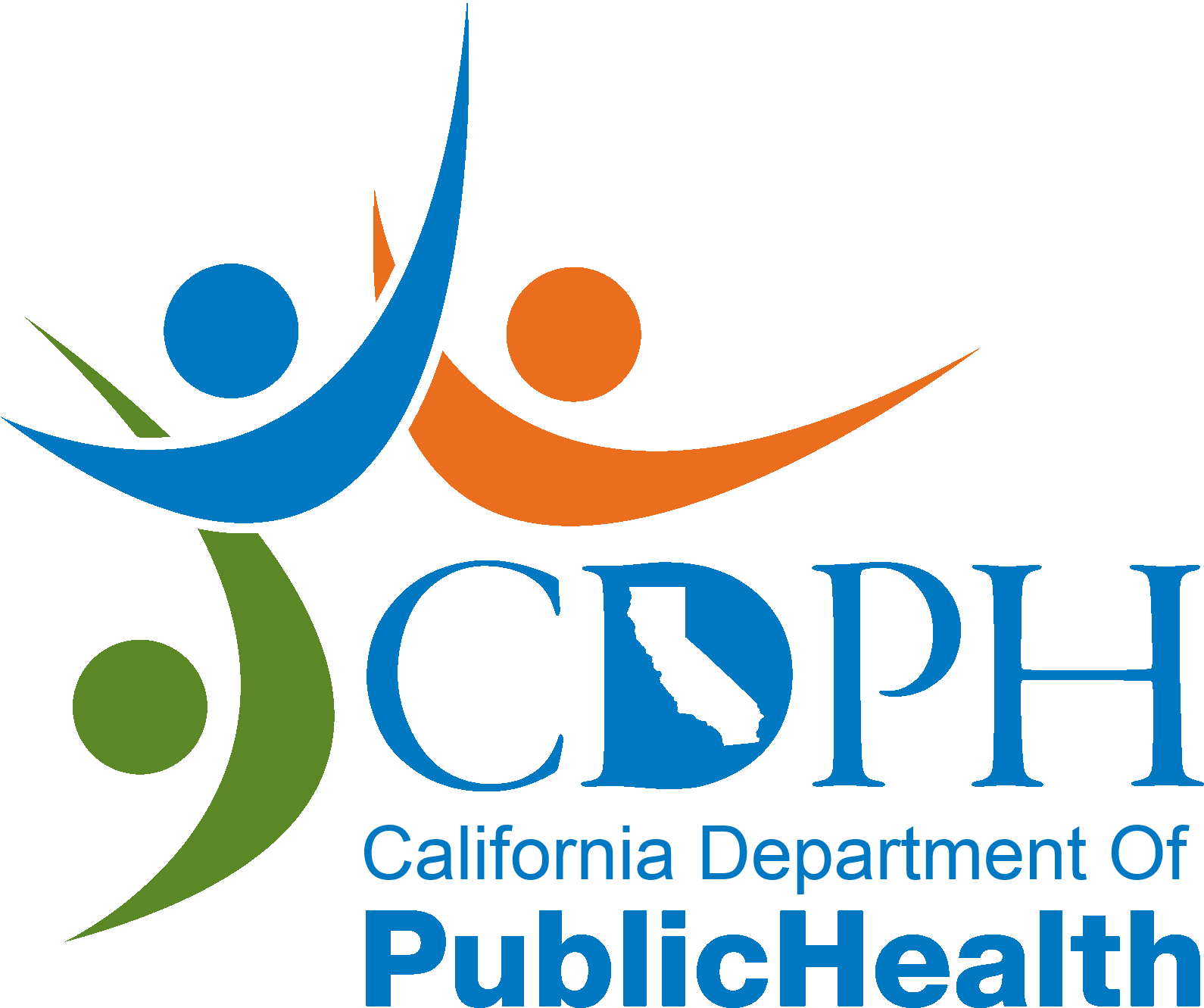Understanding common types of abuse will better prepare you to identify them when you see them, whether it be in a relationship that you are in or one that you are observing. Here are some of the common types of abuse that can take place in a dating relationship: physical abuse, emotional and verbal abuse, sexual abuse, financial abuse, digital abuse, and stalking. This is the sixth and final week of our series: Defining Dating Abuse, which has covered each type of abuse that is listed above. In the first week, we covered the topic of physical abuse, in the second week we covered the topic of verbal and emotional abuse, in the third week we covered the topic of sexual abuse, in the fourth week we covered the topic of financial abuse, and in the fifth week, we covered the topic of digital abuse. Today, we will cover the topic of stalking.
Stalking occurs when someone watches, follows, or harasses you repeatedly, making you feel afraid or unsafe. A stalker can be someone you know, a past partner, or a stranger. While the legal definition of stalking varies from state to state, examples of stalking behavior include:
- Showing up at your home or workplace unannounced or uninvited.
- Sending you unwanted texts, messages, letters, emails, or voicemails.
- Leaving you unwanted items, gifts, or flowers.
- Calling you and hanging up repeatedly or making unwanted phone calls to you, your employer, a friend, or a loved one.
- Using social media or technology to track your activities.
- Spreading rumors about you online or in person.
- Manipulating other people to investigate your life, including using someone else’s social media account to look at your profile or befriending your friends in order to get information about you.
- Waiting around at places you spend time.
- Damaging your home, car, or other property.
- Hiring a private investigator to follow or find you in an effort to know your location or movements.
If you’re being stalked, you’re likely going through a lot of stress, vulnerability, anxiety, and other emotions you may not be able to express right now, which in turn may be affecting your sleep or concentration at work or school. Every year, 3.4 million people in the US experience stalking, with youth between the ages of 18 and 24 experiencing the highest rates.
Most people assume that stalkers are strangers, but in reality, three out of four victims of stalking are harassed by someone they know. If you think you may be in danger, contact an emergency service provider to help you reach a safer place, and consider obtaining a protection order to prevent your stalker from coming near you. Understand the risks of contacting law enforcement for your own safety and others, including that the person harassing you may ultimately be arrested and convicted within the criminal legal system.
Regardless of whether you intend to pursue legal action against your stalker, it’s important to save evidence of the abuse for proof in the future if you ever need it. Take time to write down the dates, times, and places of each incident that occurred, including names and contact information for people who may have witnessed what happened. Examples of such evidence include text messages, voicemails, pictures or videos, letters or photographs or cards, unwanted items or gifts, and social media harassment (including inappropriate friend or follow requests).
Stalking is a traumatic experience. You may lose sleep, feel depressed, have nightmares, or feel like you don’t have control over your life because of your experience. These reactions are normal and you should be forgiving of yourself as you heal. It can help to tell a trusted friend or loved one about your experience.
If you find yourself in an unhealthy or abusive relationship, there is help out there for you. Please reach out to STAND! or call their crisis line at (888) 215-5555. If you need help defining your relationship, please reach out to loveisrespect.org by calling their National Teen Dating Abuse Helpline at (866)331-9474 or text “LOVEIS” to 22522.
Options Health is a safe place where you can confidentially come and discuss sexual health, pregnancy, and relationship issues with one of our patient advocates. Feel free to contact us today to take advantage of our free services, including pregnancy testing, ultrasound, pregnancy options consultation, STD testing, and abortion aftercare. Call us or text us to schedule an appointment. We are here for you and ready to listen!
Source: https://www.loveisrespect.org



